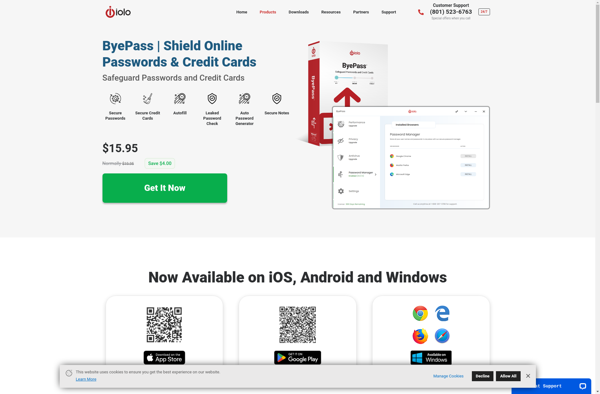OpenID
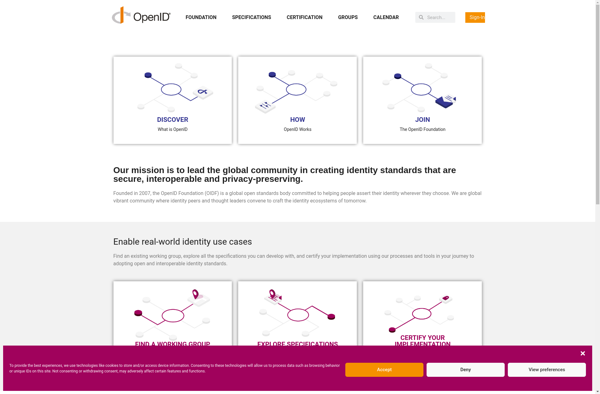
OpenID: Decentralized Authentication Protocol
OpenID is an open standard and decentralized authentication protocol that allows users to log into different websites using the same digital identity. It eliminates the need for separate usernames and passwords for each site.
What is OpenID?
OpenID is an open standard and decentralized authentication protocol that enables users to log in to different websites using the same digital identity. Instead of having separate usernames and passwords for each site, OpenID allows users to authenticate just once and gain access to multiple sites.
Here's how it works: a user signs up for an OpenID identity on an OpenID provider site. The OpenID contains a URL that points to the identity provider. When the user wants to access a website that accepts OpenID logins, they simply enter their OpenID URL into the site's login form. The website then contacts the OpenID provider to verify the user's identity. Once verified, the user is logged into the website.
Some of the key benefits of OpenID are:
- Eliminates the need to remember usernames and passwords for each site.
- Allows users to easily sign in to multiple websites seamlessly.
- Reduces privacy and security risks associated with having separate logins.
Major websites and platforms like Google, Yahoo, AOL, MySpace, StackExchange and WordPress all support the OpenID protocol. There are also many independent OpenID provider services as well.
OpenID Features
Features
- Decentralized authentication
- Single sign-on across multiple sites
- No need for separate passwords for each site
- User controls identity provider
- Built on open standards
Pricing
- Open Source
- Free
Pros
Cons
Official Links
Reviews & Ratings
Login to ReviewThe Best OpenID Alternatives
Top Online Services and Identity Management and other similar apps like OpenID
Here are some alternatives to OpenID:
Suggest an alternative ❐Twitter connect

OAuth

Facebook Connect
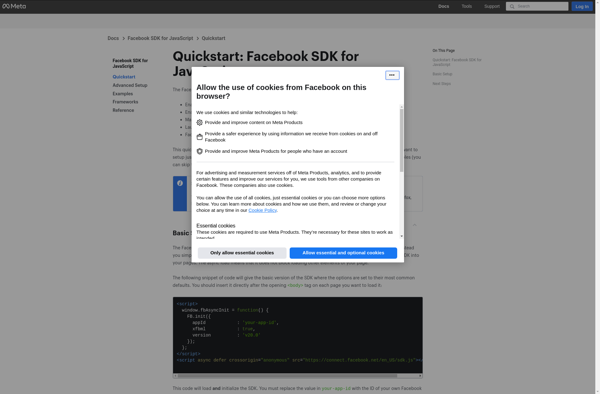
Itsme
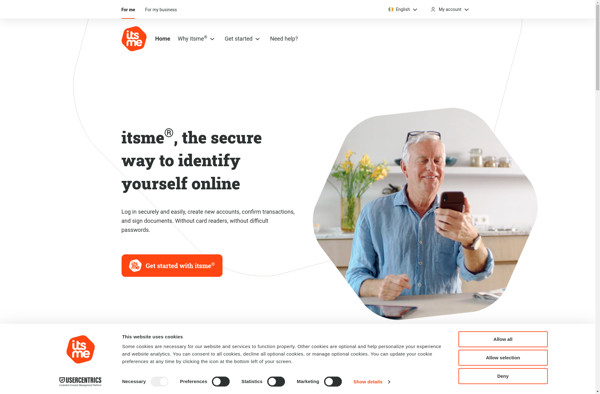
Portier
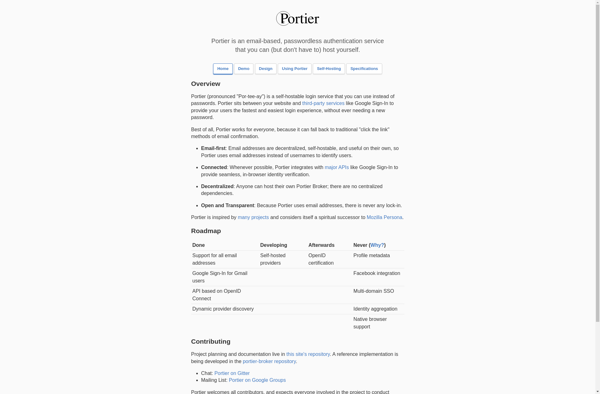
DandyID

IndieAuth
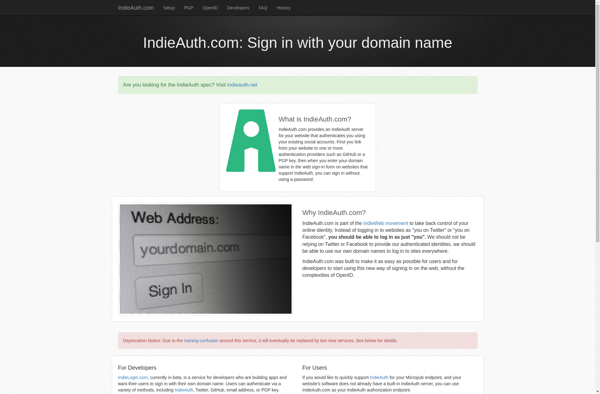
EmerSSL
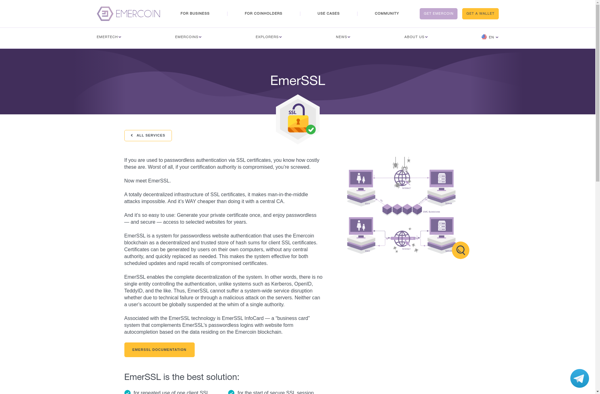
ClaimID

MyOpenID

Goaco

Byepass
